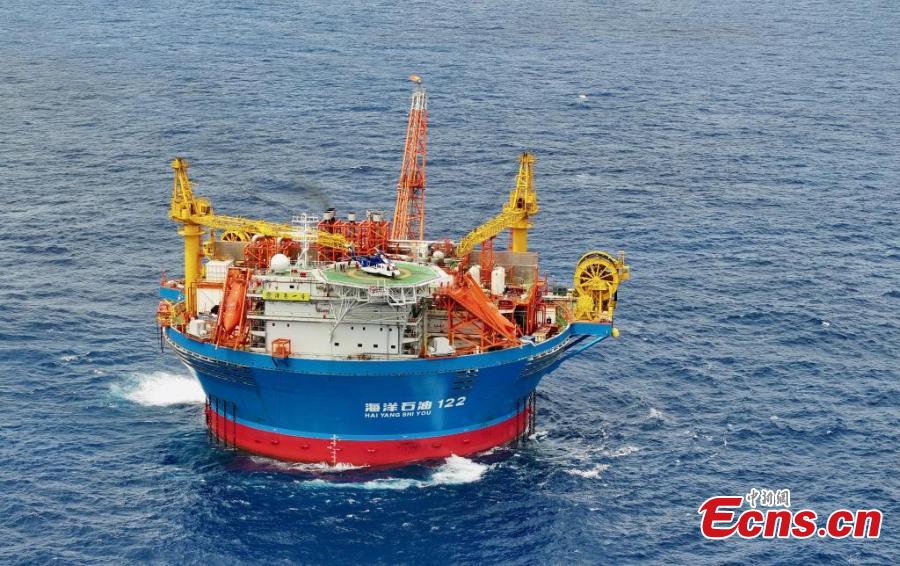
...
Defies NASS, Maintains FG Ways And Means Advances At 5% ...

Warns Security, Infrastructural Issues May Worsen Inflationary Pressures Contrary to beliefs in certain quarters that the removal of fuel subsidy will bring down demand for foreign exchange and put the economy on a strong path, the Central Bank of Nigeria (CBN) on Tuesday said that removal of subsidies will lower import bills and increase external debt servicing obligations. This was disclosed in its Monetary, Credit, Foreign Trade and Exchange Policy guidelines for fiscal years 2024/2025. The bank also said it will continue to maintain the constitutional limit on Ways and Means Advances to the Federal Government, capping the advances at five percent of the previous year’s actual revenue collection.
This is contrary to a bill passed by the National Assembly which raised the limit on Ways and Means loans that the CBN can extend to the Federal Government in the Act from five percent to ten percent. As of 2023, the facility had surged over 2,900 percent over the past seven years, reaching an unprecedented N23.7 trillion.
“Ways and Means advances shall continue to be available to the Federal Government to finance deficits in its budgetary operations to a maximum of 5.0 percent of the previous year’s actual collected revenue. Such advances shall be liquidated as soon as possible and shall in any event be repayable at the end of the year in which it was granted,” it said.
In line with the Treasury Single Account (TSA) framework, the new guidelines also stipulate that the calculation of these advances will now take into account the sub-accounts of Ministries, Departments, and Agencies (MDAs), which are linked to the Consolidated Revenue Fund (CRF). However, the apex bank in its outlook projected a positive economic output growth in Nigeria by 2024/2025 based on continued policy support in the agriculture and oil sectors, reforms in the foreign exchange market, and the effective implementation of the Finance Act 2023 and the 2022-2025 Medium-Term National Development Plan (MTNDP). CBN said, “The outlook for Nigeria’s external sector in 2024/2025 is optimistic, on the expectation of favourable terms of trade, occasioned by sustained rally in crude oil prices and an improvement in domestic crude oil production.
“The positive outlook is supported by the sustenance of crude oil price, propelled by the decision to cut production, and gains from capital flows and remittances. “However, lower crude oil earnings, fuel subsidy removal, rising import bills, and increased external debt servicing obligations could pose downside risks for the accretion to external reserves. “In addition, the sustained monetary policy tightening by central banks across advanced economies increases the risk of capital outflow.
” On Nigeria’s output growth, CBN said: “Nigeria’s output growth is expected to maintain a positive trajectory in 2024/2025. “The growth prospects are dependent on continued policy support in the agriculture and oil sectors, reforms in the foreign exchange market, and the effective implementation of the Finance Act 2023 and the 2022-2025 MTNDP. “The risk to the outlook is still tilted to the downside, characterised by significant headwinds such as rising energy prices emanating from lingering effects of the Russia-Ukraine war, and the persisting security and infrastructural challenges, which could undermine the growth outlook in the short to medium term.
“Domestic prices are expected to remain elevated through 2024/2025, on the back of spillovers from global supply constraints, and exchange rate pass-through. “More so, the persisting security and infrastructural challenges could exacerbate inflationary pressures. “This outlook is contingent on the effective implementation of the Finance Act 2023 and restructuring of key revenue-generating MDAs to boost non-oil revenue.
“However, low domestic crude oil production, growing public debt, lingering insecurity, global economic slowdown, and the Russia-Ukraine war, could pose significant downside risks to fiscal operations in the short-to-medium-term. “The financial sector is expected to remain resilient in 2024/2025. The outlook mirrors the efforts of the CBN in continuously monitoring emerging vulnerabilities and risks in the system, including periodic stress tests, examination exercises, and the provision of risk mitigants.
” While making clarification on the Way and Means advances, the CBN said that any Ways and Means advances provided must be repaid by the end of the fiscal year in which they were granted, reinforcing the principle of short-term borrowing. The CBN Act says the CBN may grant temporary advances to the Federal Government in respect of temporary deficit of budget revenue at such rate as the bank may determine. It, however, warns that the total amount of such advances outstanding “shall not at any time exceed five percent of the previous year’s actual revenue of the Federal Government.
” In addition, it stipulates that “all advances shall be repaid as soon as possible and shall, in any event, be repayable by the end of the Federal Government financial year in which they are granted and if such advances remain unpaid at the end of the year, the power of the bank to grant such further advances in any subsequent year shall not be exercisable, unless the outstanding advances have been repaid.”.










